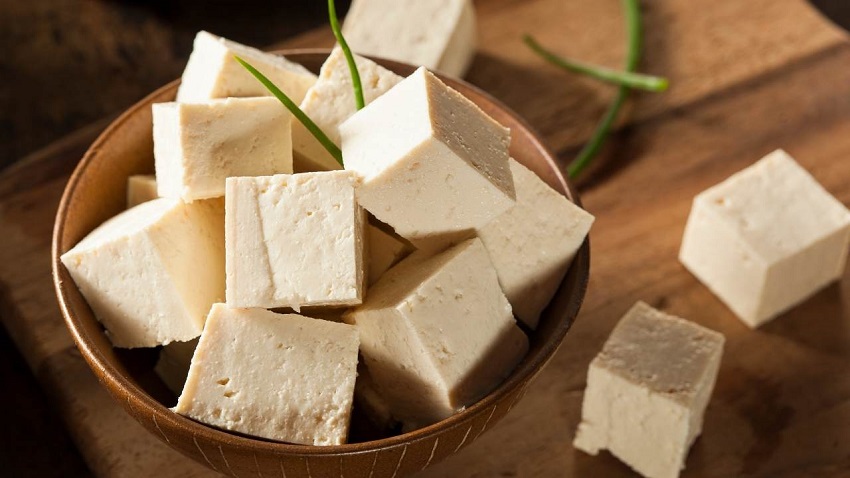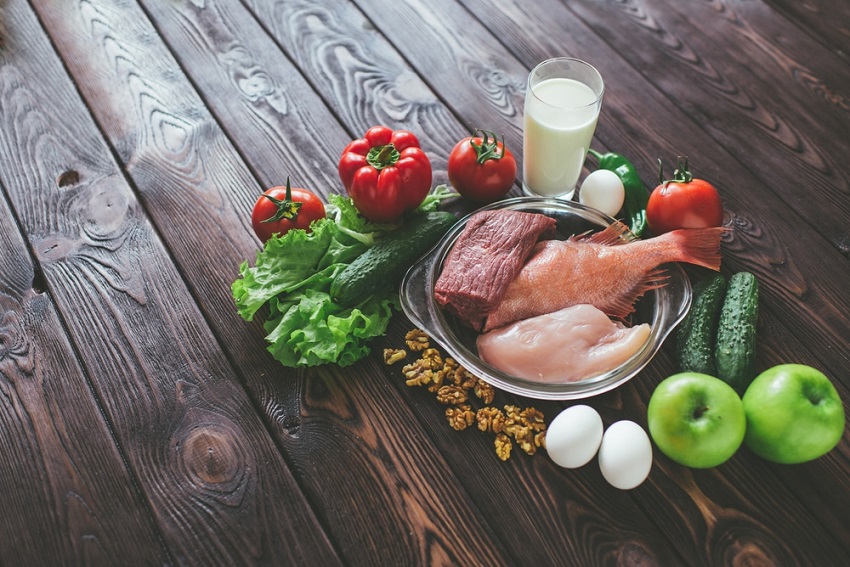Are you aiming to increase your protein intake without packing on unnecessary calories? Striking a balance between protein consumption and calorie control can be a challenge, especially if you’re mindful of your overall calorie intake. But fear not! In this article, we’ll explore smart strategies to help you get more protein without compromising your calorie goals. So, let’s dive in and discover how you can fuel your body effectively. This content is brought to you by Ezhealthinsurance.org.
Understanding the Protein-Centric Approach
When it comes to building muscle, supporting body functions, and feeling satisfied, protein plays a crucial role. Incorporating more protein into your diet without significantly increasing calories can have multiple benefits. Let’s take a closer look at how you can achieve this:
1. Prioritize Lean Protein Sources
Low calorie high protein foods, such as chicken breast, turkey, fish, tofu, and legumes, provide a substantial amount of protein without excessive calories. They are rich in essential amino acids and can help you feel full for longer, reducing the temptation to snack on high-calorie treats.
2. Opt for Greek Yogurt
Greek yogurt is a protein powerhouse with a creamy texture that makes it a delightful snack or breakfast option. It’s lower in sugar compared to regular yogurt and can be paired with fruits and nuts to add flavor and texture without piling on calories.
3. Explore Plant-Based Proteins
Plant-based protein sources like quinoa, lentils, chickpeas, and edamame are not only packed with protein but also offer dietary fiber. This combination promotes satiety and aids in digestion, making them excellent choices for those looking to manage their calorie intake.
4. Egg-cellent Protein Option
Eggs are a versatile and budget-friendly source of protein. They contain all nine essential amino acids and can be prepared in various ways to suit your taste preferences. Remember, the egg whites are virtually fat-free and low in calories, making them an ideal choice.
5. Protein-Packed Snacking
When snacking, opt for protein-rich options like nuts, seeds, and jerky. These snacks provide a satisfying crunch while contributing to your daily protein intake. Just be mindful of portion sizes to avoid overeating.
Read more: Is Pizza Better Than Rice?
6. Smart Protein Supplements
If meeting your protein goals is a challenge, consider incorporating protein supplements like whey or plant-based powders. These can be added to smoothies or recipes to boost protein content without significantly affecting calorie counts.
Balancing Act: Protein and Calories
As you embark on your journey to increase protein intake without consuming extra calories, remember that balance is key. While protein is important, it’s essential to maintain a well-rounded diet that includes a variety of nutrients. Here are a few tips to keep in mind:
7. Portion Control
Even when focusing on protein, portion control matters. Overeating even healthy foods can contribute to excess calorie consumption. Measure your portions to stay on track.
8. Mindful Meal Planning
Plan your meals ahead of time to ensure you’re incorporating protein sources into your daily intake while keeping calorie counts in check. This practice can also help you avoid impulsive, calorie-laden choices.
9. Hydration Matters
Staying hydrated is crucial for overall health and can also aid in managing hunger. Sometimes, what we perceive as hunger might actually be thirst. Opt for water or herbal teas to quench your thirst without adding calories.
10. Stay Active
Regular physical activity helps burn calories and supports muscle growth. Combining a protein-rich diet with regular exercise can contribute to a healthier and more balanced lifestyle.
Conclusion
Getting more protein without increasing your calorie intake is achievable with mindful food choices and strategic planning. By incorporating lean protein sources, exploring plant-based options, and being mindful of portion sizes, you can successfully meet your protein goals while staying within your desired calorie range. Remember, a balanced approach that considers both protein and calories will contribute to your overall well-being.
FAQs
Q1: Can I solely rely on protein supplements to meet my protein needs?
A1: While supplements can be helpful, it’s best to get most of your protein from whole food sources for a well-rounded nutrient intake.
Q2: Can I consume unlimited amounts of lean protein?
A2: Portion control is important even with lean protein sources. Overeating can still lead to excess calorie consumption.
Q3: Are there any risks associated with a high-protein diet?
A3: Consuming too much protein without a balanced diet can strain your kidneys and potentially lead to other health issues. Moderation is key.
Q4: How can I add variety to my protein-rich meals?
A4: Experiment with different recipes and cooking methods. Spices, herbs, and marinades can add flavor without significantly increasing calories.
Q5: What’s the connection between protein and muscle building?
A5: Protein provides the building blocks (amino acids) necessary for muscle repair and growth. Adequate protein intake supports muscle development, especially in conjunction with exercise.

